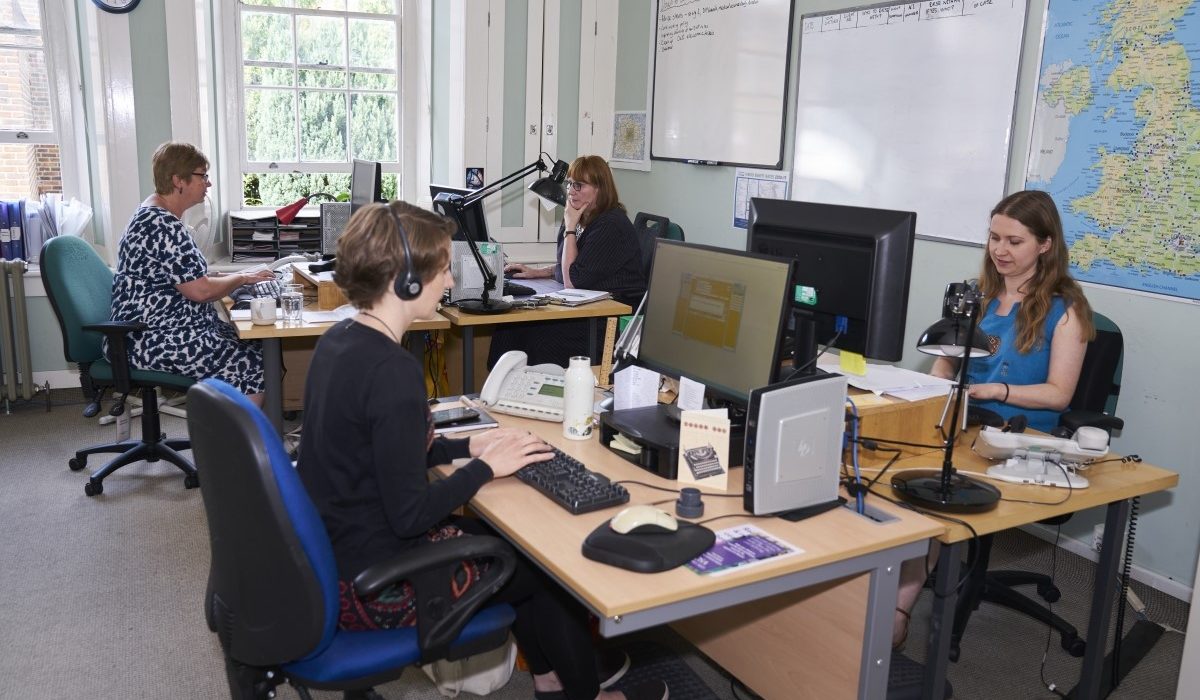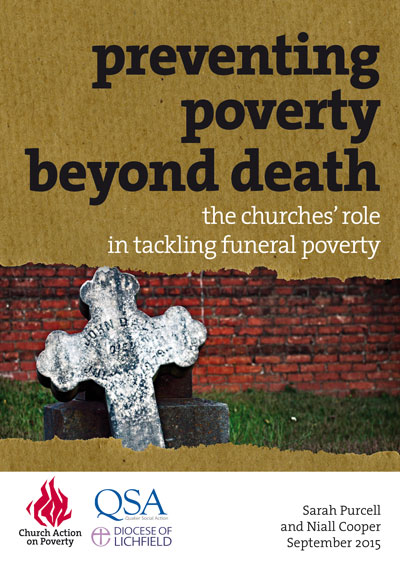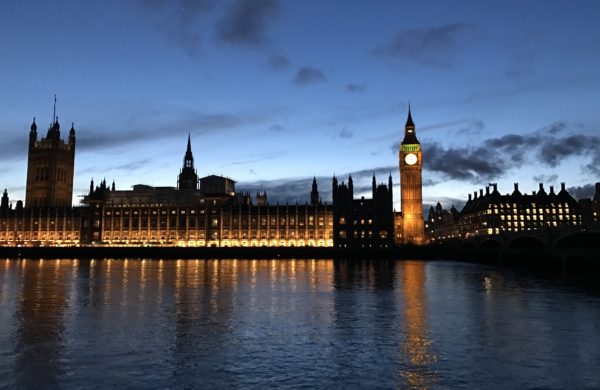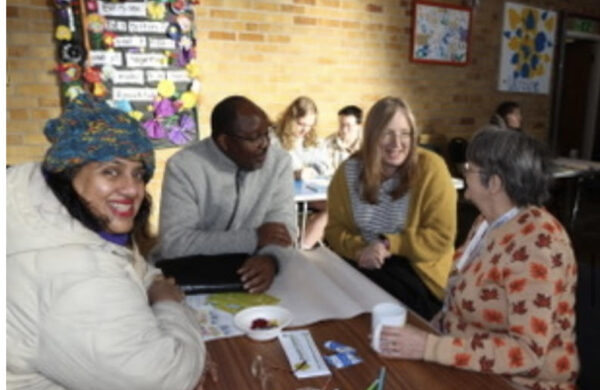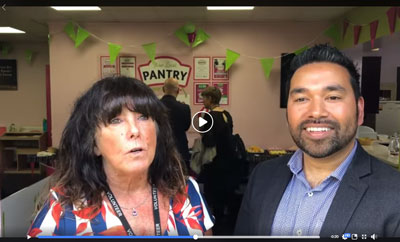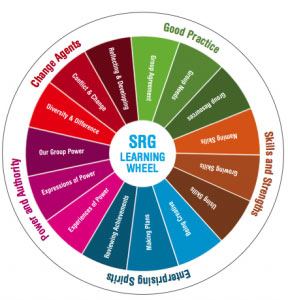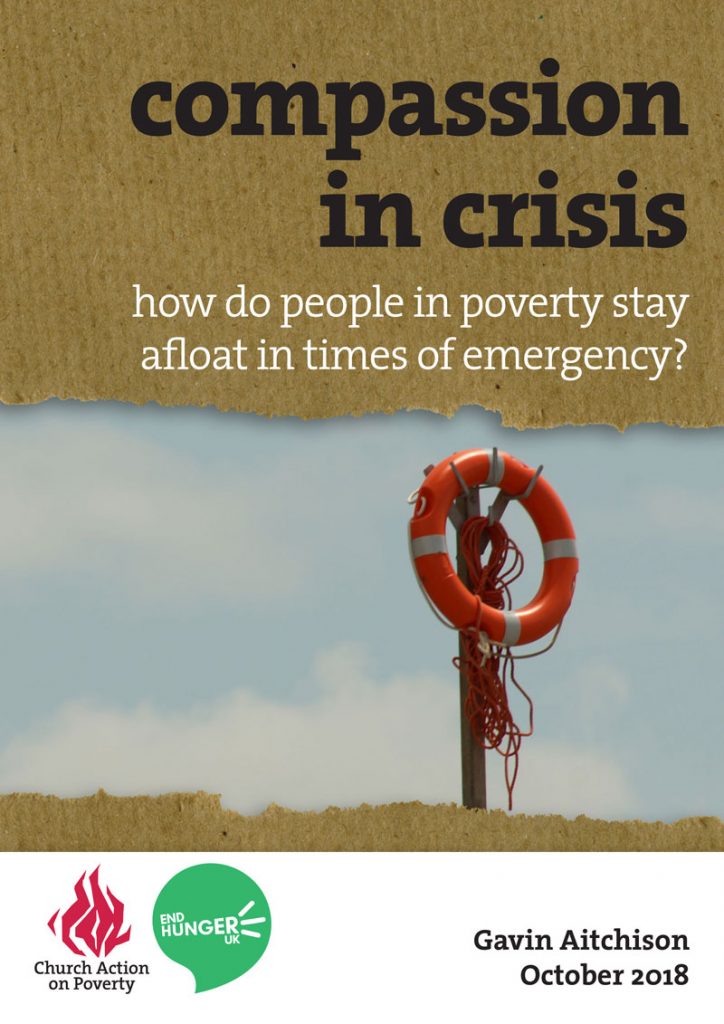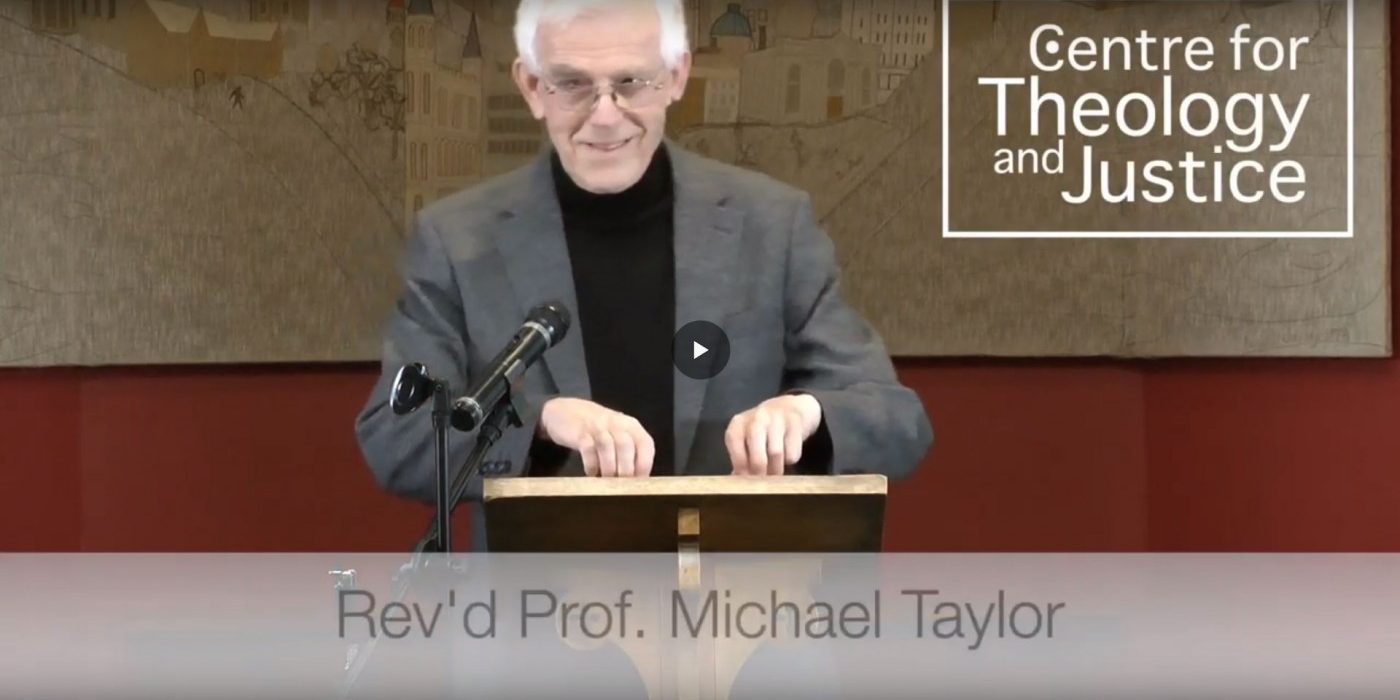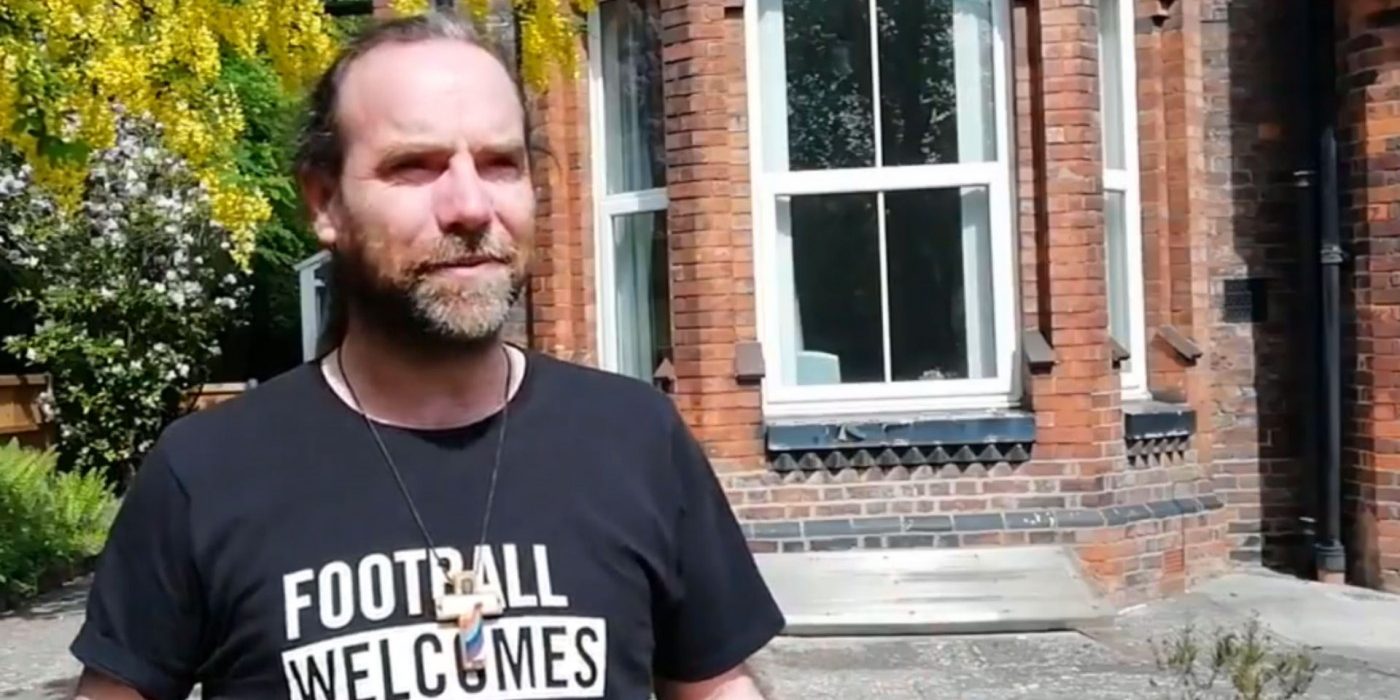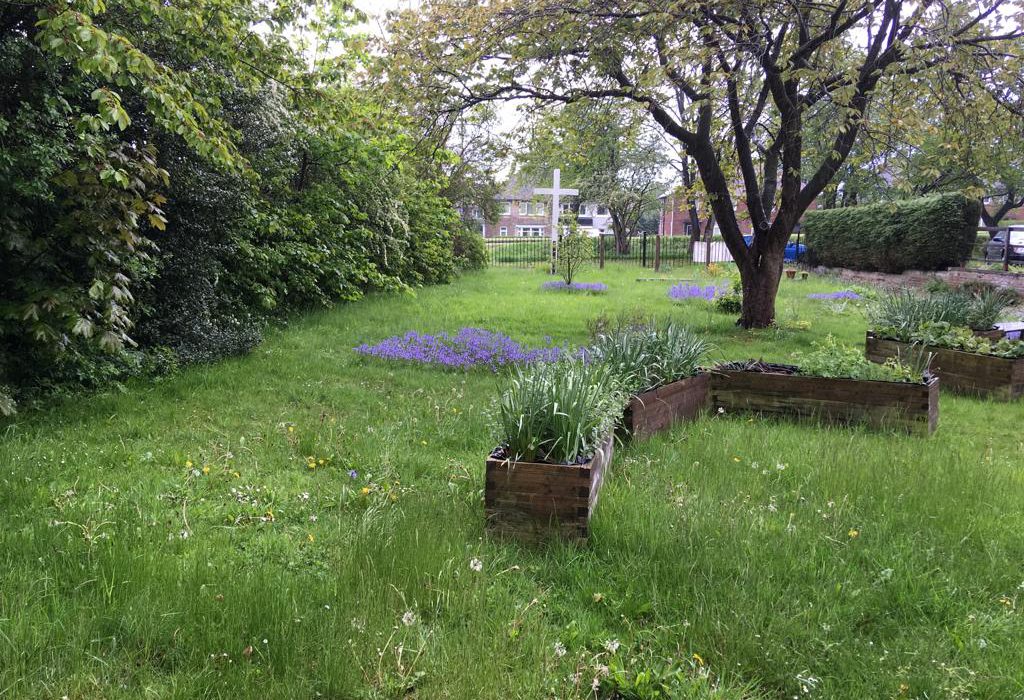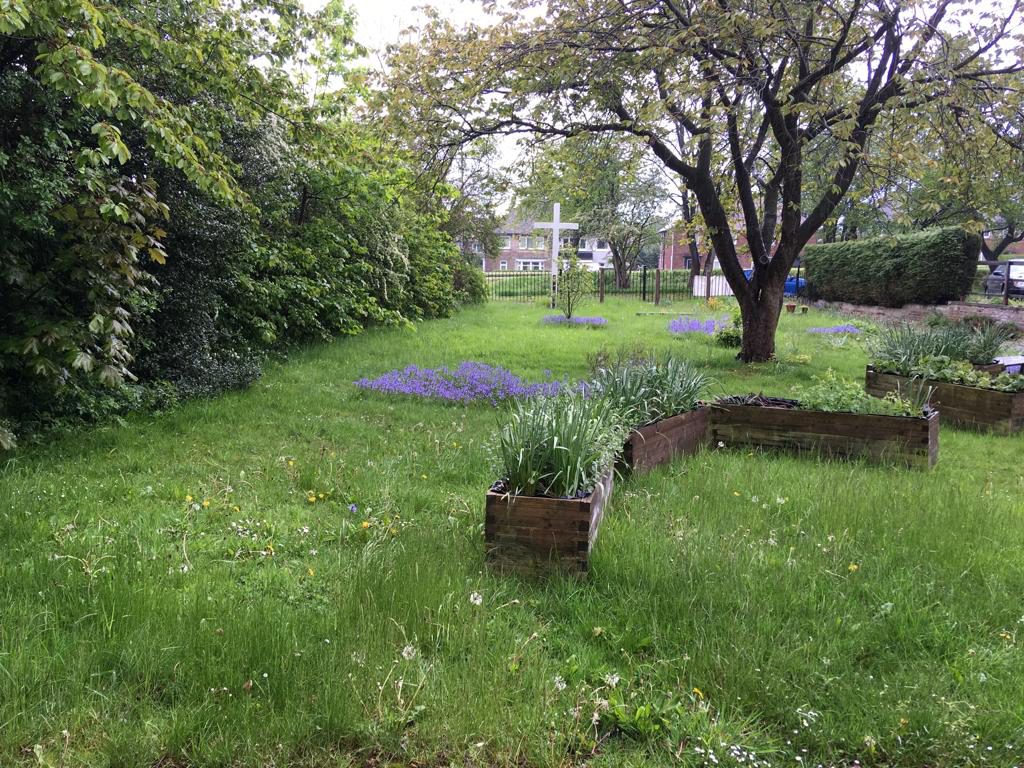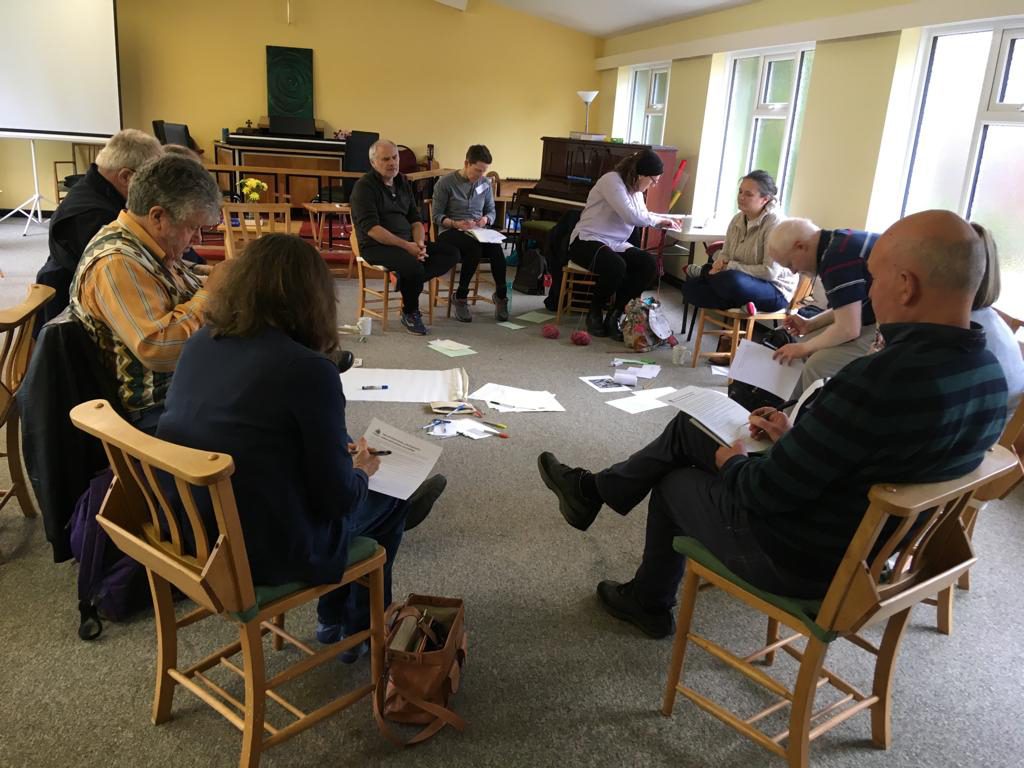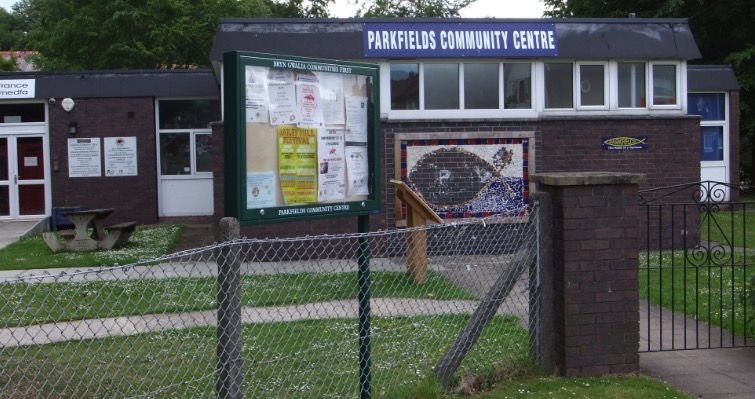Quaker Social Action’s funeral advice service, Down to Earth, has helped its 4,000th client amidst significant funeral industry developments, says QSA’s Peter Christmas.
Recently Quaker Social Action’s (QSA’s) Down to Earth service, which provides free one-to-one advice and support for people struggling with funeral costs when planning a loved one’s funeral, passed a milestone of 4,000 clients helped. What started in 2010 as a local volunteer-based project has grown into a highly specialised staff-led service with national reach, helping people across the UK to plan an affordable and meaningful funeral.
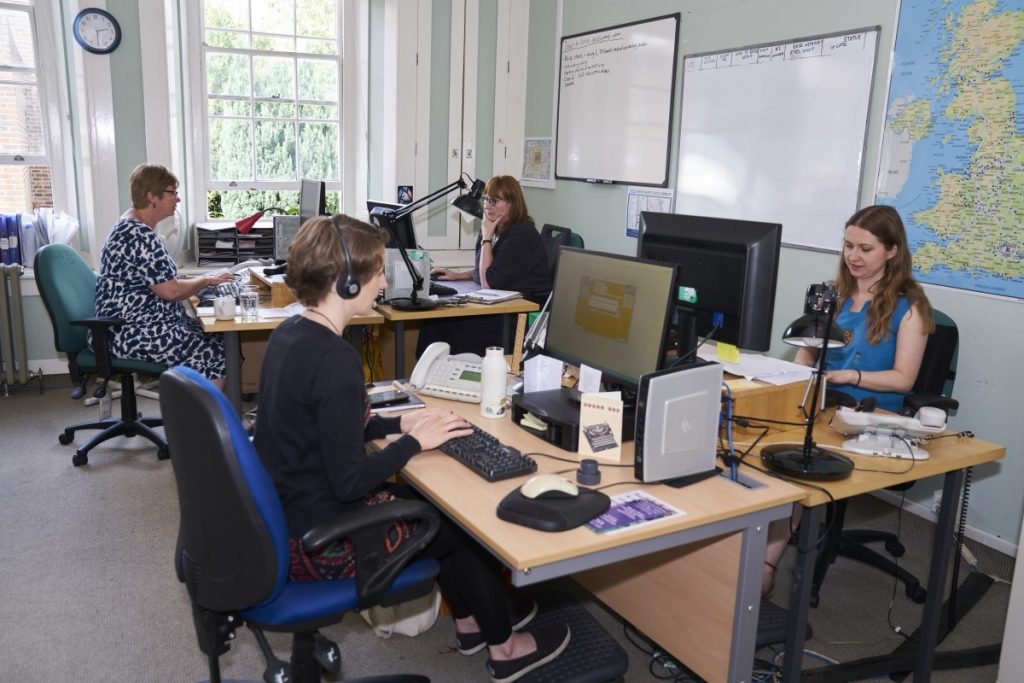
Many clients contact the Down to Earth team feeling overwhelmed when trying to deal with funeral costs. We help people to understand their options, prioritise what’s most important to them, save money against initial quotations, and raise money (where eligible) from state benefits and charitable/benevolent funds.
“The undertaker wanted a payment in advance, but I didn’t have enough. The hospital was telling me to hurry up because I couldn’t leave my husband in the mortuary. I felt like I was going mad.”
Down to Earth client
The context is that since 2004, average funeral prices have risen 122%, and the average cost now sits at £4,271 (SunLife, 2018). According to SunLife’s research, one in eight families face notable financial problems when trying to find the money for a funeral. The Competitions and Markets Authority (CMA) has found as part of its ongoing investigation into the funeral industry that prices have risen at twice the inflation rate over the last 14 years, and that “the scale of these price rises does not currently appear to be justified by cost increases or quality improvements”.
Remember that many people are unable to plan for the price of a funeral (their own, or a loved one’s) well in advance of death: many people die unexpectedly, at a young age, and/or in traumatic circumstances. Whilst the government has promised to introduce a Children’s Funeral Fund for England (in line with Wales) so that parents grieving the loss of a child under the age of 18 will no longer have to meet cremation or burial fees, the above statistics indicate a much wider problem with the affordability of funerals.
This is why QSA is continuing its work to tackle funeral poverty on a strategic level, alongside helping individuals and families through the Down to Earth service. The CMA’s in-depth investigation, the funeral industry’s own emerging initiative to improve standards for customers, government proposals to regulate pre-paid funeral plans through the Financial Conduct Authority, and Scotland’s moves towards regulating the funeral industry north of the border, all provide momentum and opportunities to effect change. For example please see our recent submissions to the CMA and to the Work and Pensions Committee’s enquiry into support for the bereaved.
Over the next three years, building on our successful Fair Funerals campaign (2014-18) and working with other member organisations of the Funeral Poverty Alliance (including Church Action on Poverty), Down to Earth is seeking to influence the industry and government to help bring about:
- Greater funeral price transparency and lower average prices
- Improved funeral-related state benefits, and regulation of the funeral industry
- Improved access to affordable municipal schemes and (where needed) public health funerals.
QSA would be delighted to add more organisations to the 50-strong Funeral Poverty Alliance – please see here for how to join.

